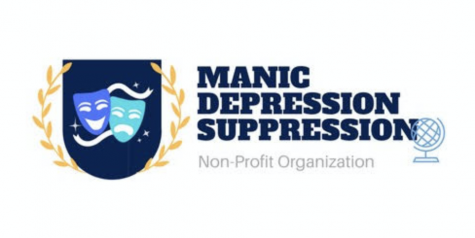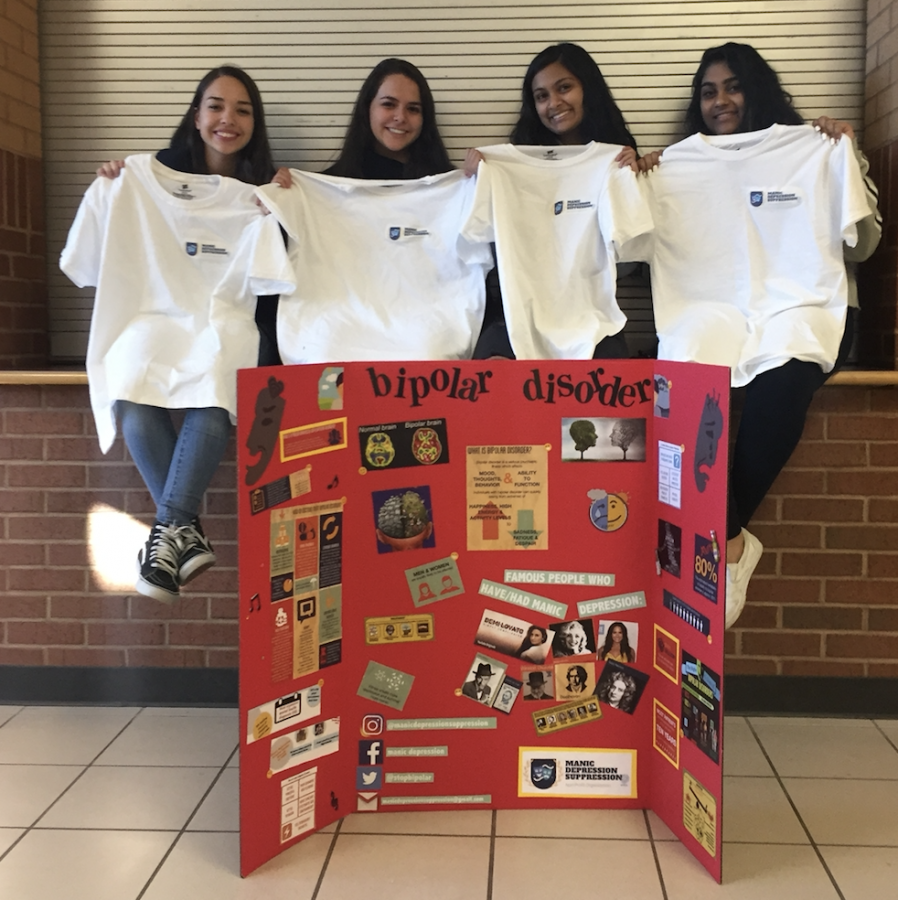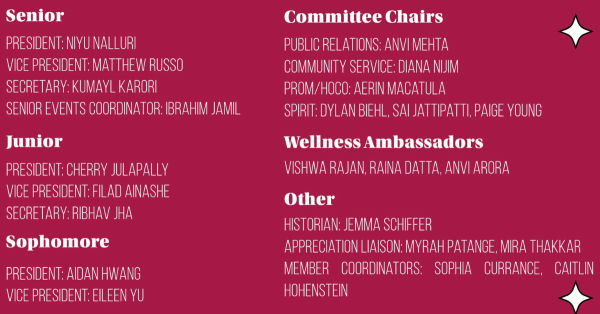HOSA Members Raise Awareness For Manic Depression

Four juniors at Lambert High School have taken up a project in order to raise awareness on a mental disorder, manic depression, more commonly known as bipolar disorder. The students, Shivani Bharadwaz, Caroline Cavalcanti, Siri Gandreddi and Montse Gonzales, are actively involved in the healthcare pathway at school.
The juniors first felt the urge to do something to raise awareness about this manic depression when the four noticed a friend suffering from the disorder. They wanted to do something to help their friend, as well as aid others going through the similar struggles with mental illness.
“Ever since this incident, we have researched a lot about this disorder and have learned that there are so many people struggling with it and we decided to try and make a change in the community,” said Gandreddi.
In order to gain the best understanding to spread awareness in a manner that is both informative and tactful, they spoke to a psychiatrist Dr. Sabrina Hyland. Mental disorders, as they have demonstrated in their presentations, can be a contentious subject and they are interested in opening up the floor to discussion about the illness in a safe and informed way.
Through HOSA, a student organization encouraging careers in healthcare, they have been conducting seminars and interactive events at schools to promote recognition of manic depression. To raise money, they have been selling t-shirts and candy.
As of now, they are continuing their work to spread awareness by giving interviews, constructing a website, and even creating an app. They are well on track to achieving their goals of raising money for treating manic depression and making their community more aware of the illness.
“The reality of this manic depression” says Gonzales, “is that it is very difficult for students to come forward and ask for help, and it is also one of the most expensive mental disorders to treat.”
For more information, contact [email protected]
Your donation will help support The Lambert Post, Lambert High Schools student-run newspaper! Your contribution will allow us to purchase equipment and cover website hosting costs.








